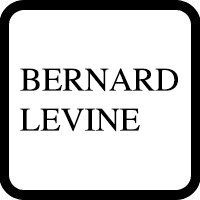Ontario Center Workout Lawyer, New York
Sponsored Law Firm
-
 x
x

Click For More Info:
-
The Michelson Law Office
203 North Lasalle Street Suite 2100 Chicago, IL 60601» view mapBankruptcy, Chapter 7, Chapter 13 Chicago Bankruptcy Lawyer
When your finances are at stake, choose the best. Don't sink deeper in debt. Contact The Michelson Law Office
800-824-6431
Not enough matches for Ontario Center Workout lawyer.
Below are all Ontario Center Bankruptcy & Debt lawyers.
Bernard D. Levine
✓ VERIFIEDBankruptcy & Debt, Estate, Real Estate, DUI-DWI, Divorce & Family Law
Bernard D. Levine is a practicing lawyer in the state of New York.
FREE CONSULTATION
CONTACTPeter John Glennon
Litigation, Aviation, Commercial Bankruptcy
Status: In Good Standing Licensed: 19 Years
Peter Scribner
Real Estate, Estate, Bankruptcy, Bankruptcy & Debt
Status: In Good Standing Licensed: 38 Years
FREE CONSULTATION
CONTACTFREE CONSULTATION
CONTACT
 Abraham Michelson Chicago, IL
Abraham Michelson Chicago, IL AboutAbraham Michelson
AboutAbraham Michelson Practice AreasServices
Practice AreasServices

